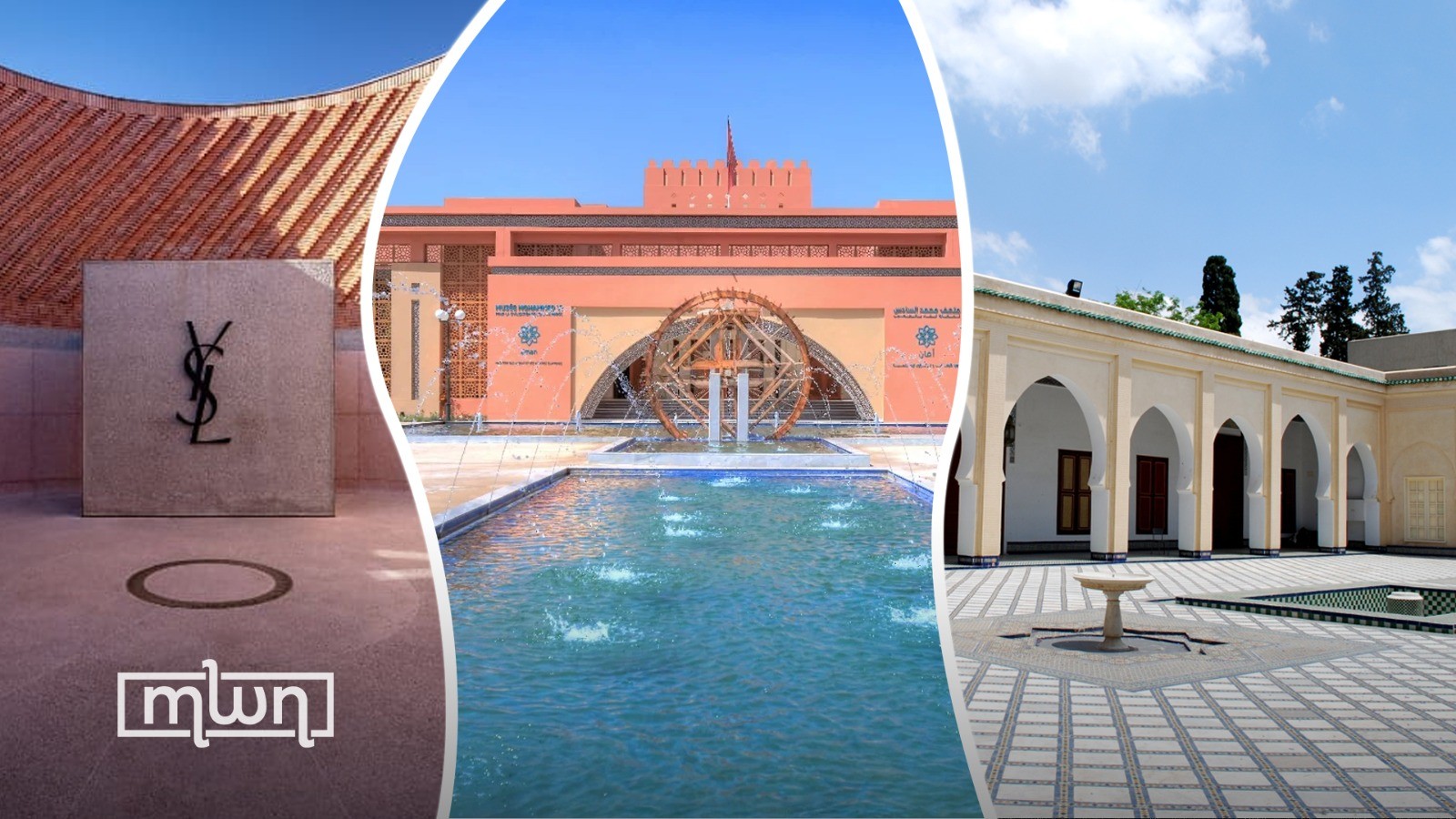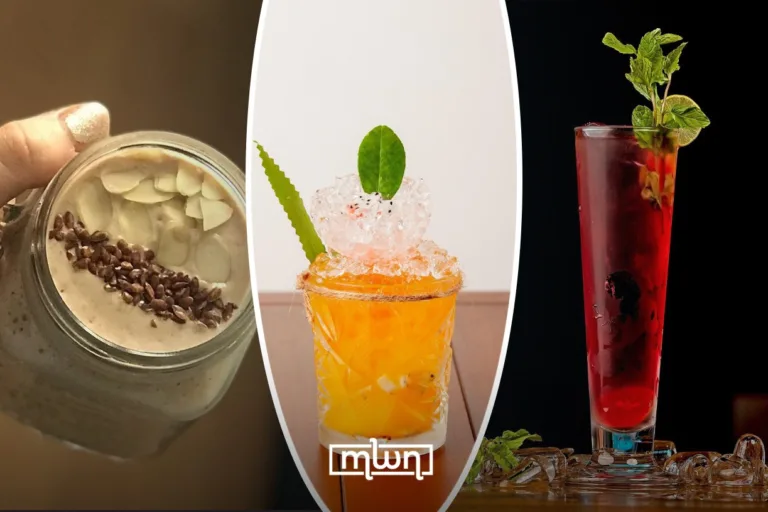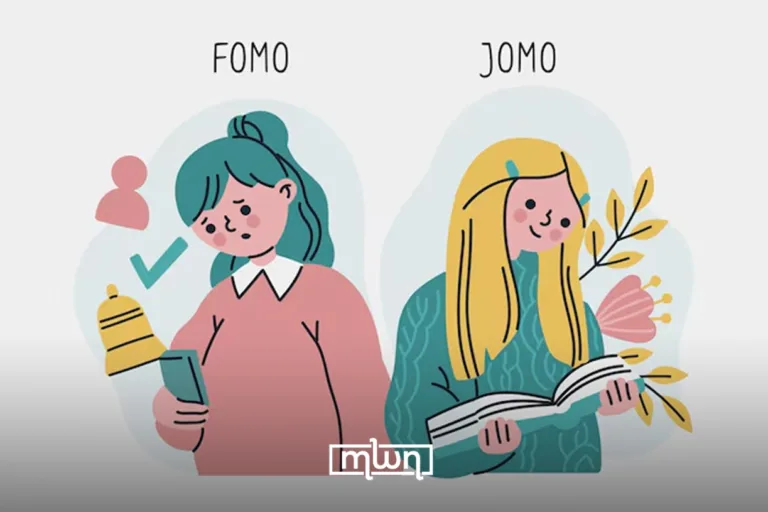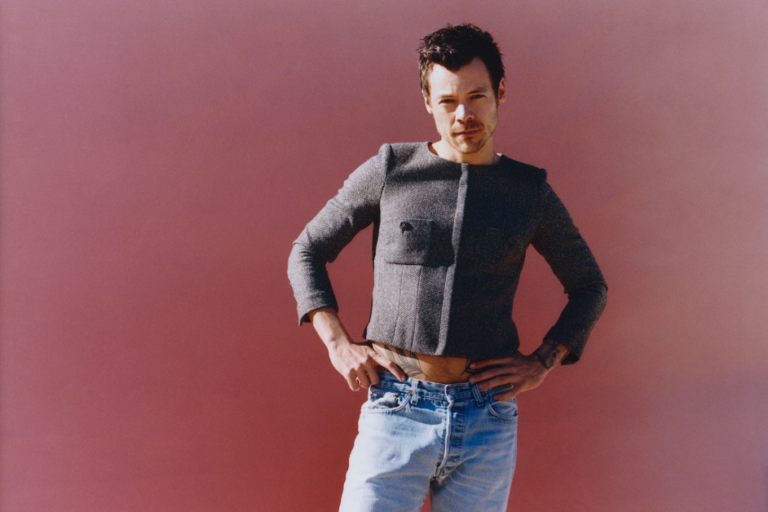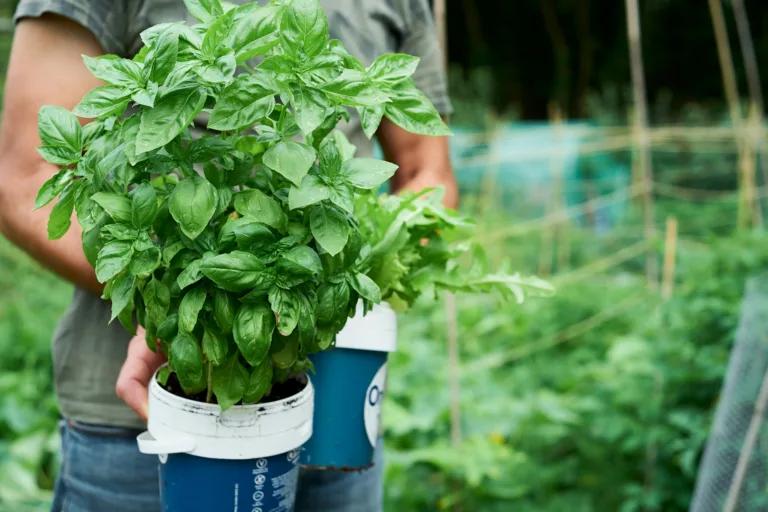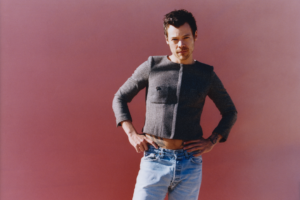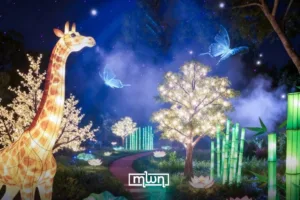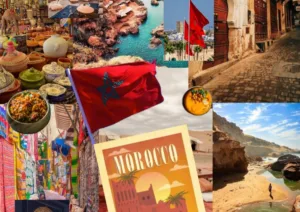Marrakech – The French daily “Le Figaro” on Tuesday published a glowing tribute to Moroccan museums, celebrating their “exceptional quality” and the vibrant diversity they represent.
In particular, the newspaper highlighted how these museums beautifully reflect the richness of the kingdom’s heritage.
In an article titled “Journey Through Morocco: Ten Museums You Can’t Miss,” the French newspaper notes: “Thanks to proactive policies, the country has seen a flourishing of high-quality museums in its major cities,” emphasizing that “never has Morocco been so culturally rich.”
The feature not only introduces readers to its “favorite” cultural spots but also shines a light on the diverse collections on display.
From modern and contemporary African and Moroccan art to photography, jewelry collections, Islamic arts, and knowledge surrounding water, the journal captures the eclectic and rich tapestry of Morocco’s museum scene.
According to Le Figaro, new high-quality museums have sprouted in most cities, “thanks to the National Museums Foundation, which has been leading impressive efforts in heritage restoration and modernizing museography for over a decade, alongside private initiatives.”
Read also: Marrakech’s Culinary Arts Museum Makes TIME’s World’s Greatest Places List
Among the museums celebrated in Le Figaro’s glowing tribute are the Musée d’Art Contemporain Africain Al Maaden, the Yves Saint Laurent Museum, and the Mohammed VI Museum for Water Civilization in Marrakech.
Also featured in the tribute are the Oudayas Museum, the National Museum of Jewelry, and the Mohammed VI Museum of Modern and Contemporary Art in Rabat.
Tanger’s cultural scene is represented by the Photography Foundation and the Kasbah Museum of Mediterranean Cultures, while Fez boasts Dar al Batha and Casablanca is home to the Abderrahmane Slaoui Foundation.
These institutions exemplify Morocco’s rich and varied cultural landscape, showcasing everything from African and Moroccan contemporary art to intricate jewelry collections, Islamic art, and the historical significance of water in Moroccan heritage.
Each of the celebrated museums offers a unique window into the diverse artistic and historical narratives that shape Morocco’s cultural identity.

